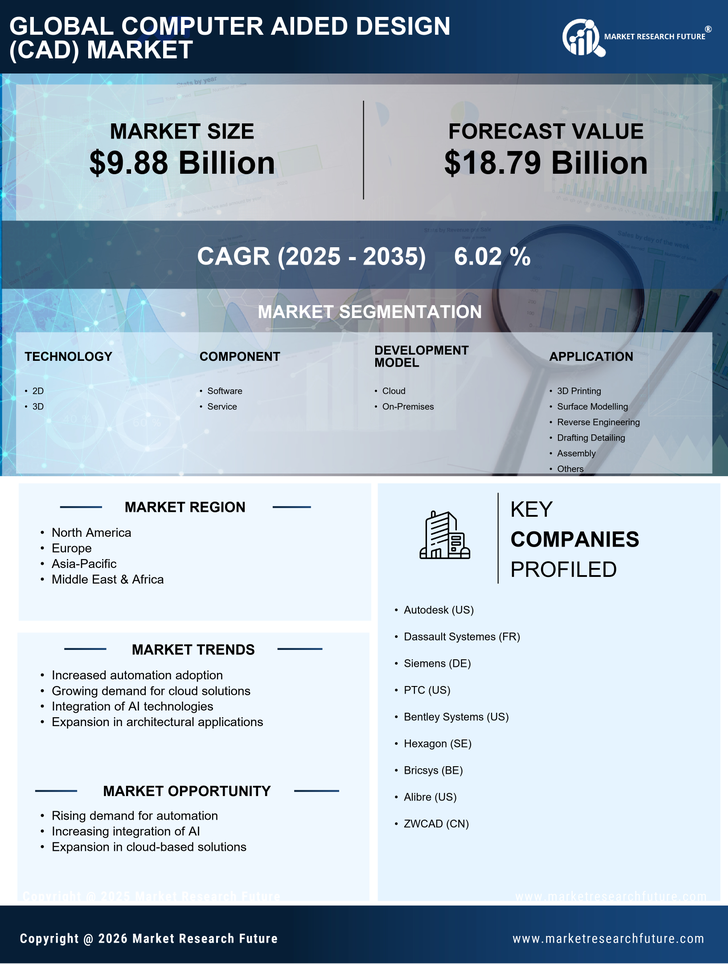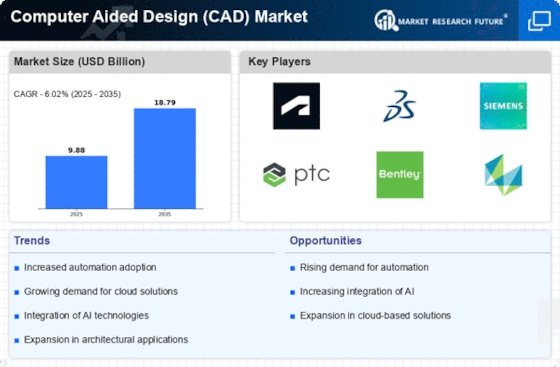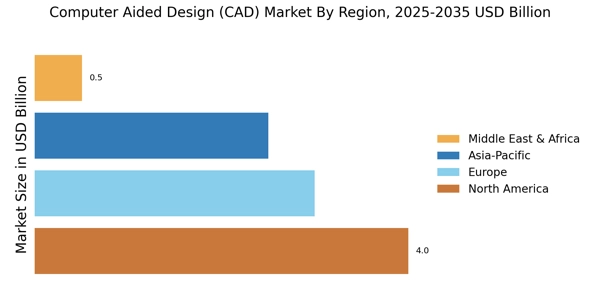Research Methodology on Computer Aided Design Market
Introduction
Computer-aided design (CAD) is a type of software used by engineers, architects, and other professionals to help create two-dimensional or three-dimensional designs of various objects or structures. Computer-aided design has revolutionized the way design and engineering are carried out with its automated capabilities, which help reduce labour costs and the amount of time needed to complete a design. It also sheds light on the design cycle and helps identify opportunities for improvement.
This project is aimed at providing an analysis of the global computer-aided design market with the help of research and analysis for the period 2023–2030. It also provides a snapshot of technology advancements that have shaped the industry and regional analysis of the market. The research also discusses competitive strategies adopted by the key industry players.
Research Design
This research uses both qualitative and quantitative research techniques in order to capture an in-depth understanding of the global market for computer-aided design. The primary research method used are interviews, which are conducted with industry experts, politicians, and other relevant stakeholders. Secondary research techniques such as literature reviews, databases, and tertiary searches are also employed in order to enrich the research and form a complete picture of the market. The data obtained through research is analysed with the help of both qualitative and quantitative techniques such as SPSS and Excel.
Research Questions
The primary research questions that the research intends to address are as follows:
- What is the current size of the computer-aided design market?
- What is the regional growth trend of the computer-aided design market?
- What are the major drivers causing the growth of the computer-aided design market?
- What are the key industry players in the computer-aided design market?
- What strategies and technologies are the key industry players using to stay ahead of their competitors?
Research Objectives
The research objectives are:
- To identify and assess the size of the global computer-aided design market in terms of value, volume, and industry segments.
- To provide insights into regional and global market trends.
- To analyse the factors driving the growth of the computer-aided design market.
- To identify and assess the key players in the computer-aided design market.
- To analyse the competitive strategies used by the key players to remain ahead of the competition.
Data Collection
Primary Research:
Primary research forms an integral part of the research process. For this research, primary data is collected in the form of interviews with industry experts, politicians, and other relevant stakeholders in countries where the computer-aided design market is prevalent. The interviews provide valuable insights and help in understanding the market’s dynamics.
Secondary and Tertiary Research:
Secondary research techniques such as literature reviews, databases, and tertiary searches are also employed in order to understand the existing trends and technologies that have shaped the industry and form a complete picture of the market.
Research Analysis
The data obtained through primary and secondary research is analysed with the help of quantitative and qualitative techniques such as SPSS and Excel. The analysis enables the comparison of various aspects of the market and enables the identification of trends and further insights.
Conclusion
The analysis of the research questions, objectives, data collection methods, and analysis techniques provides the necessary framework for comprehensive research of the computer-aided design market. The research strives to provide a detailed understanding of the market dynamics and the competitive strategies employed by the key players to remain ahead of the competition.


















